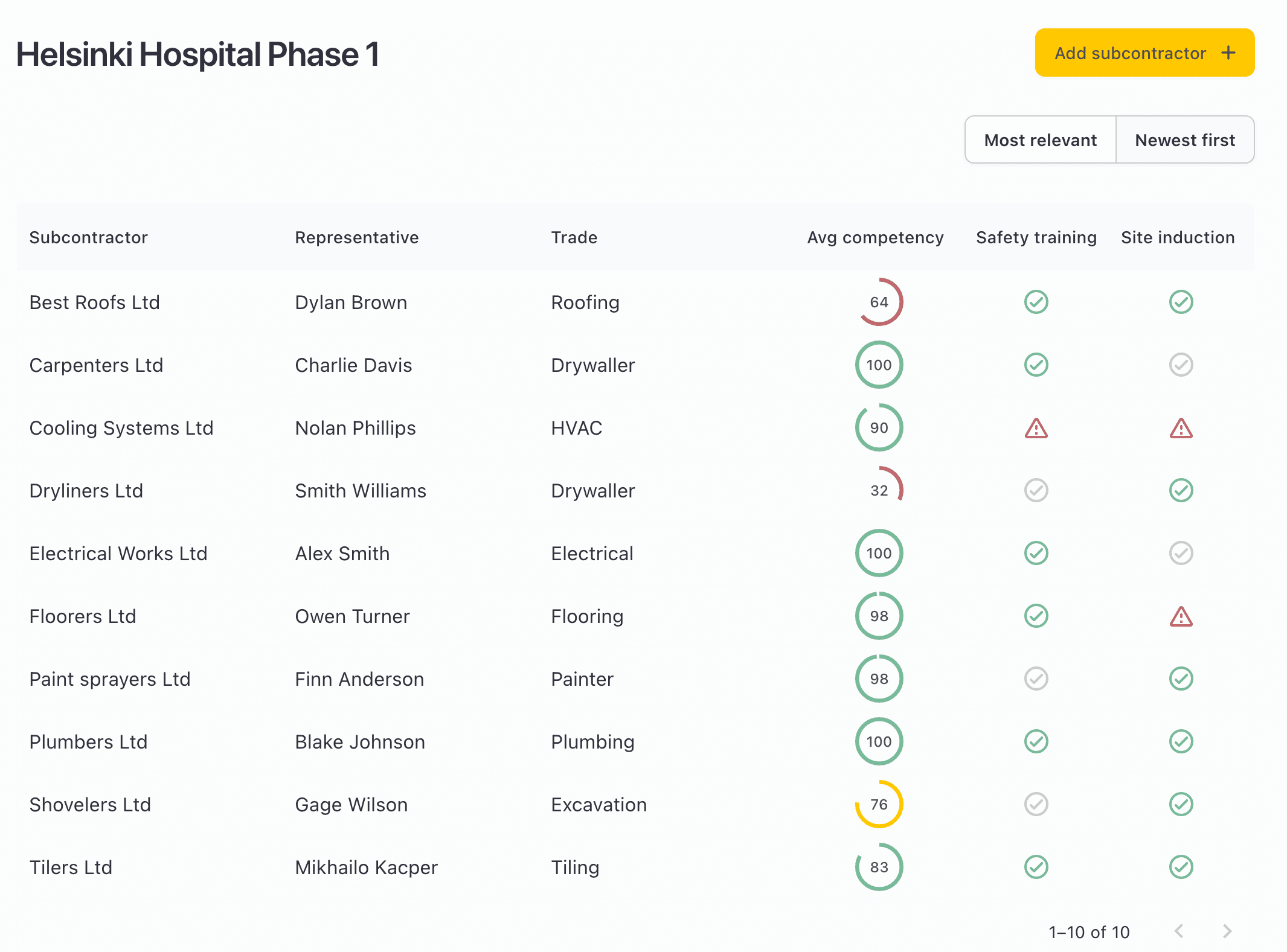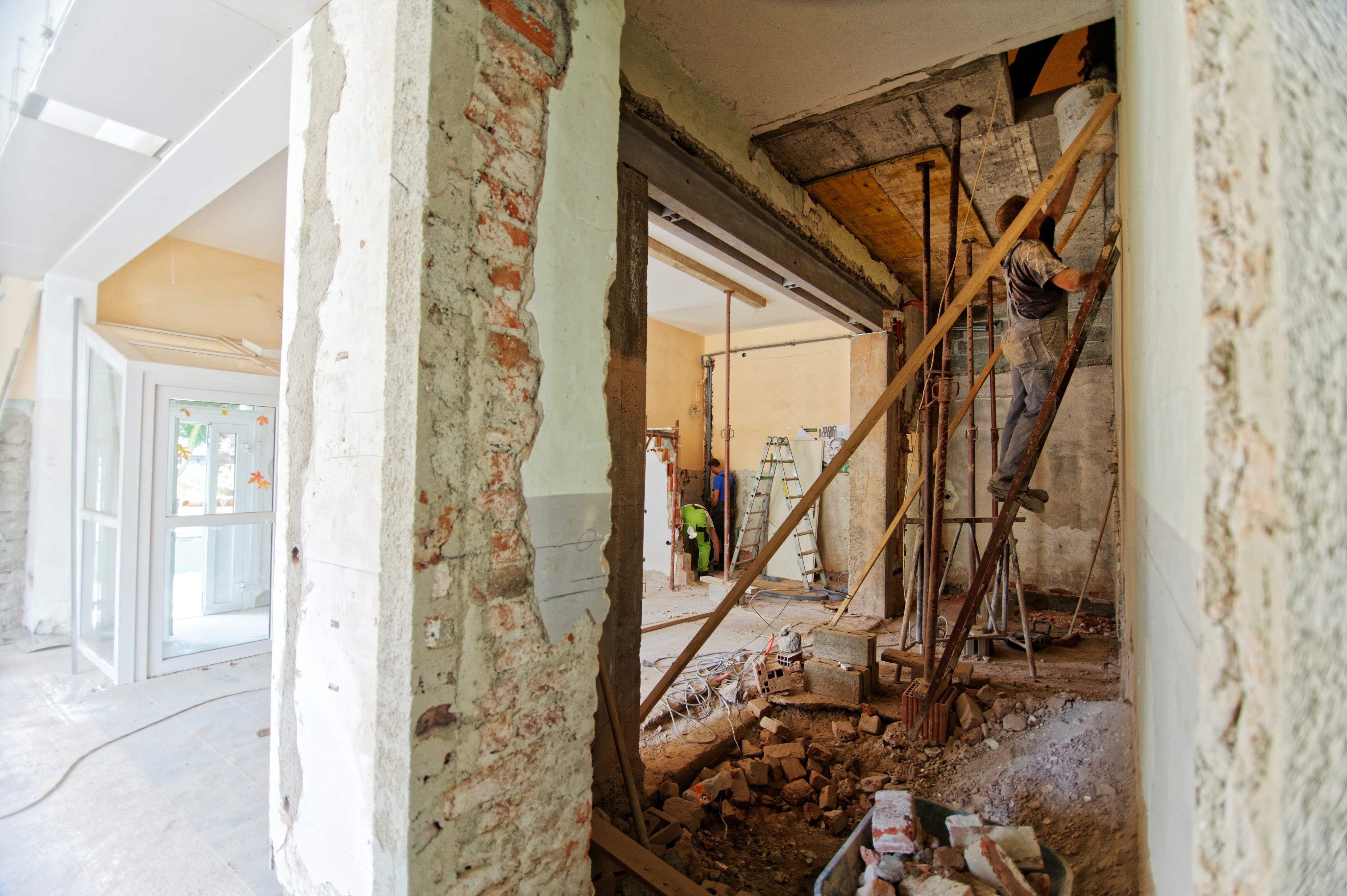Relocating to a new country can be a daunting experience, especially for construction and other blue-collar workers. That's where Werk comes in - we're on a mission to build the global knowledge base on all that is needed for workers to migrate between countries for work.

We're here to help workers relocate to the UK, Finland or Estonia so that everything is done legally and fast. Here's what you need to know before going to work in any EU country:
You need to have a job waiting for you
You need to make sure you have a job offer from your destination country.
Your employer has signed an employment agreement with you. To get a residence permit or visa for work in any EU country, you need to present a signed employment contract to the immigration authority.
You need to have the correct documents to get a visa (right to work)
Make sure your passport is valid and will be valid for at least 1 year after you start your visa process to any EU country.
You need to have proof that you are qualified for the profession that you will be working in. For example, if you are going to work as a welder in the UK, Finland or any other EU country, then you need to show a welding trade certificate and proof of previous welding work experience of at least 1 year. It doesn’t matter in which country you worked as a welder, but you need to be able to have a letter from the previous employer or any other proof on paper that you worked as a welder for at least 1 year.
Translate all your documents either in English or the language of your destination country. Usually, English translations are always accepted.
There are more documents needed, but if you have a job offer and documents from 1-3 above, then all else can be found easily.
Getting a visa and relocating to an EU country takes 1,5 to 4 months
How fast you can get a visa, depends on your citizenship and if you have the documents mentioned above. If there are errors in your paperwork, then the process can take two to three times longer.
On average visas for blue-collar workers in the EU take 1,5 - 4 months.
Be aware that you always need to travel to the closest embassy of your destination country to verify your identity and hand in documents. For example, if you have a job offer from Finland, then you are not allowed to travel to Finland before you have a right to work there (residence permit). You first need to find the embassy of Finland closest to you and go there to handle your paperwork process. Sometimes the closest embassy can be in another country and then you need to travel there.
Going to work in the EU costs 1000 - 1500 Euros
Visa fees to most EU countries are between 80 - 190 Euros. Few countries ask for a visa fee of 500 - 600 Euros.
Make sure you have money for travel and the first month of accommodation. This can be additional 700 - 1000 Euros.
Werk, a company with a mission to assist workers worldwide, is providing country reports on local salaries in your trade, workers’ rights, living costs, accommodation and much more for those uncertain of where to begin with their job search.














